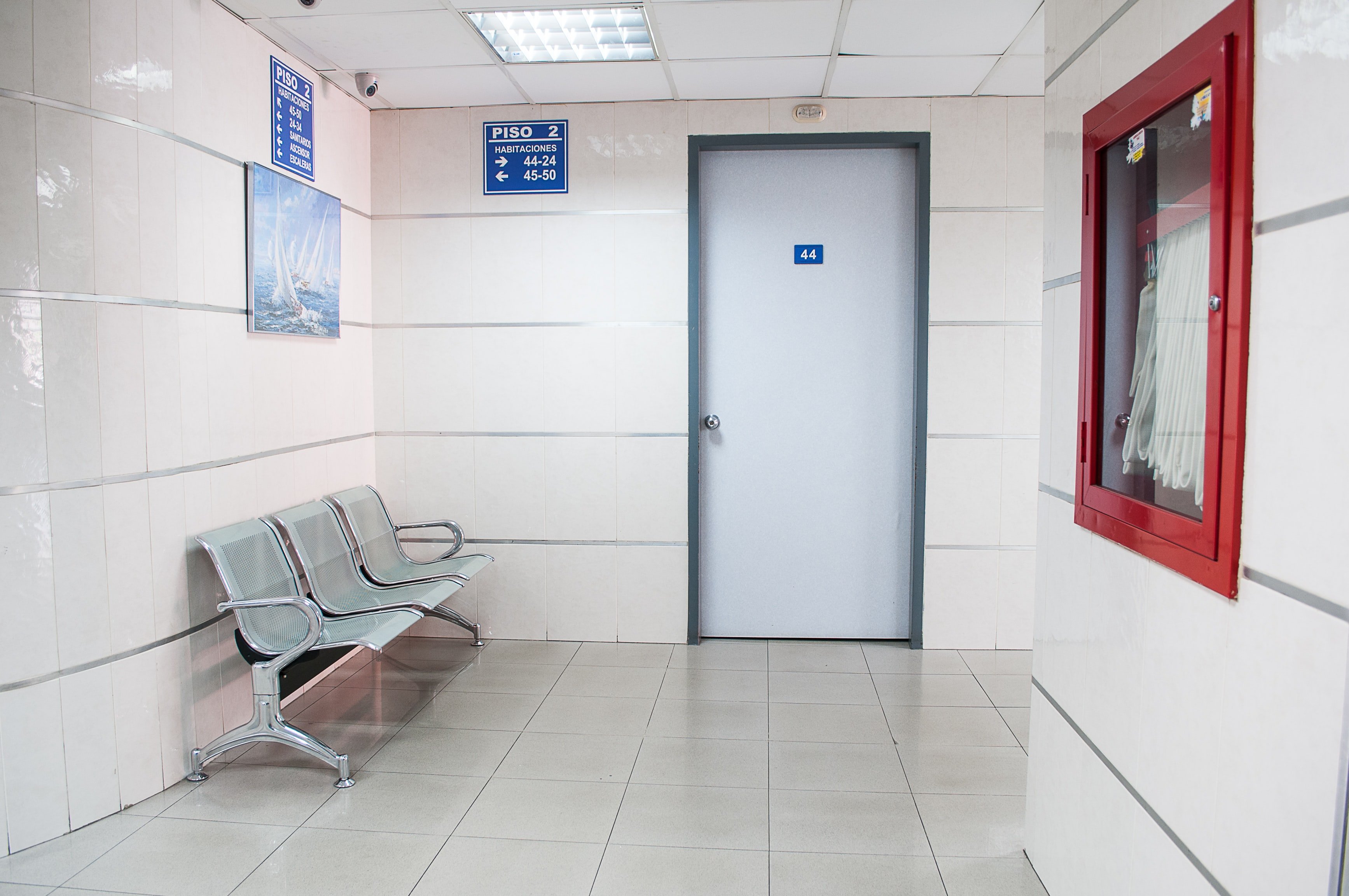"In Spanish, smart-arse!", "Do you prefer that I speak to you in Catalan or that I give you an appointment for a vaccine shot?", "I'm not a translator, this is a bilingual community and here you are not Catalan". These are just three examples of the 99 that the language NGO Plataforma per la Léngua has compiled to illustrate the huge number of instances of linguistic discrimination that have been reported in Catalan-speaking lands throughout 2021. Since 2015, Plataforma per la Léngua has been preparing annual reports on the discrimination that Catalan speakers suffer from the Spanish state's public administrations. In the report recording the incidents that took place in 2021, 99 serious instances of linguistic discrimination were produced in the context of receiving public service are described. These are cases that have been published in the media or social media, or have been communicated directly to the NGO.
2021: A record year
According to Plataforma per la Llengua, 2021 saw a record in the number of discriminatory incidents that came to the knowledge of the language group. In previous years, there had been a continued growth trend: there had been 25 cases in 2018, 32 in 2019 and 52 in 2020. This growth (of 90.4%) is probably explained mainly by the increase in use of the Plataforma's complaints service by the public, linked to the great growth in its public projection. But it's also possible that there has been an increase in the awareness and linguistic militancy of the Catalan-speaking population, given that the problem of linguistic convergence of Spanish is more present than ever in the political and social debate. In the 180-page document, all of these cases are compiled.
Once again, the General Administration of the State, that is the part of the public services that is run directly from the central government in Madrid, has been the government administration area that has generated the most discrimination, specifically 49 out of 99 cases (49.5%). "This is caused by the discriminatory wording of the civil service laws that apply to employees working in these departments: although all workers have the obligation to ensure that citizens receive attention in the official language of their preference, and although institutions and the administrative bodies must be organized in such a way that this right is guaranteed, practically all state workers are exempt from a requirement to know Catalan", denounces the Plataform.
Health, the area that discriminates the most
By specific areas, health was, by far, the area in which the most discrimination occurred, with 39 out of 99 (39.4%). In second place were the police forces - almost always those of the state, rather than autonomous community or local forces - with 18 cases (18.2%). Courts and registries, an area that traditionally generates a lot of discrimination, played a discreet role, with only 5 instances (5.1%), in line with a downward trend in recent years. This suggests that an effort may have been made to avoid linguistic discrimination in this sector, "even though the judiciary continues to be a very 'Spanishized' power, partly due to the wording of the laws (the parties and witnesses in a case can express themselves in Catalan in places where it is an official language, but the court proceedings must be carried out in Spanish if one of the parties calls for it) and partly because of the composition of the judiciary and judicial administrative staff", concludes the NGO

